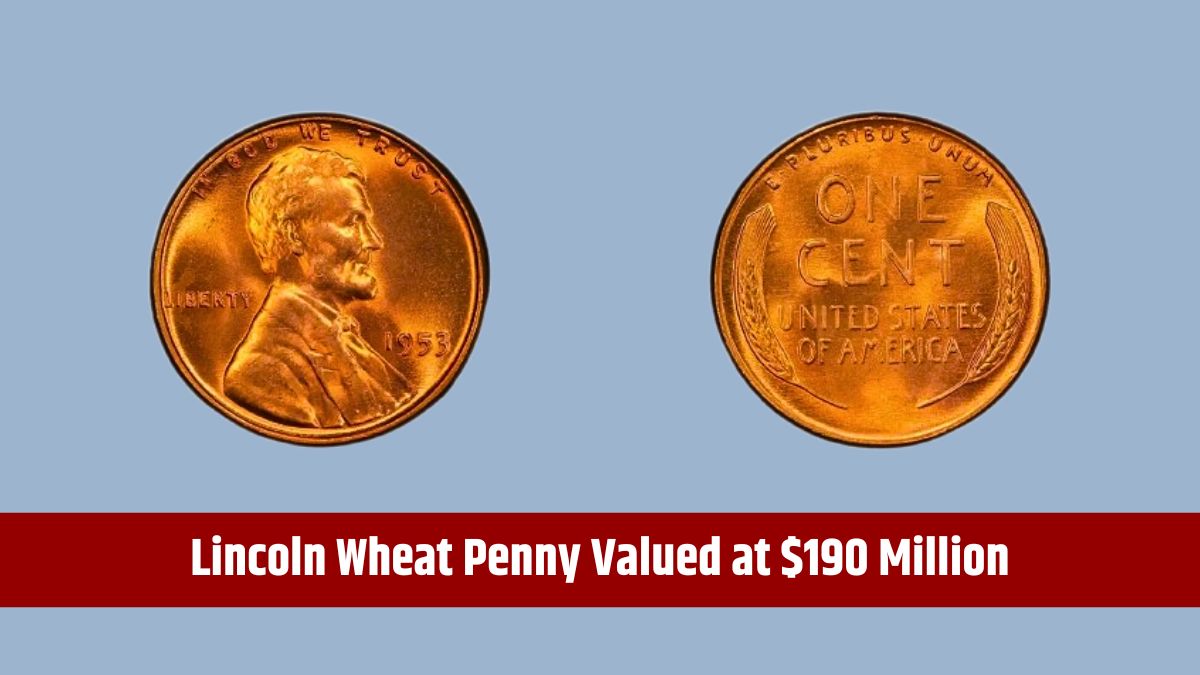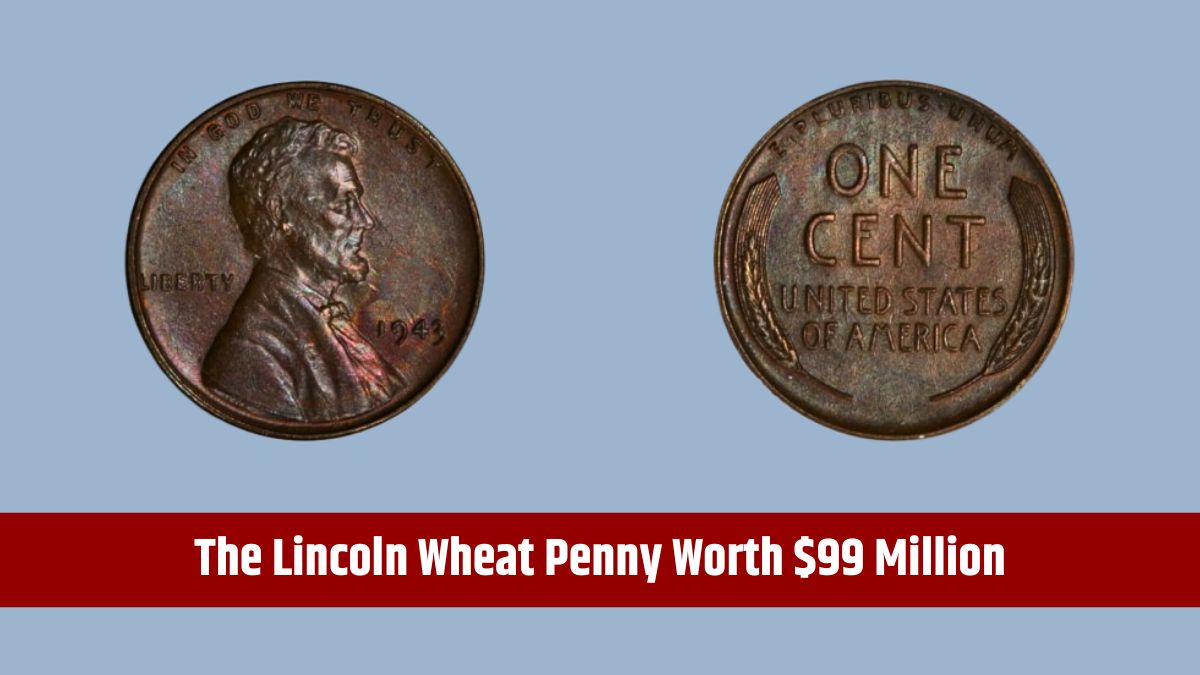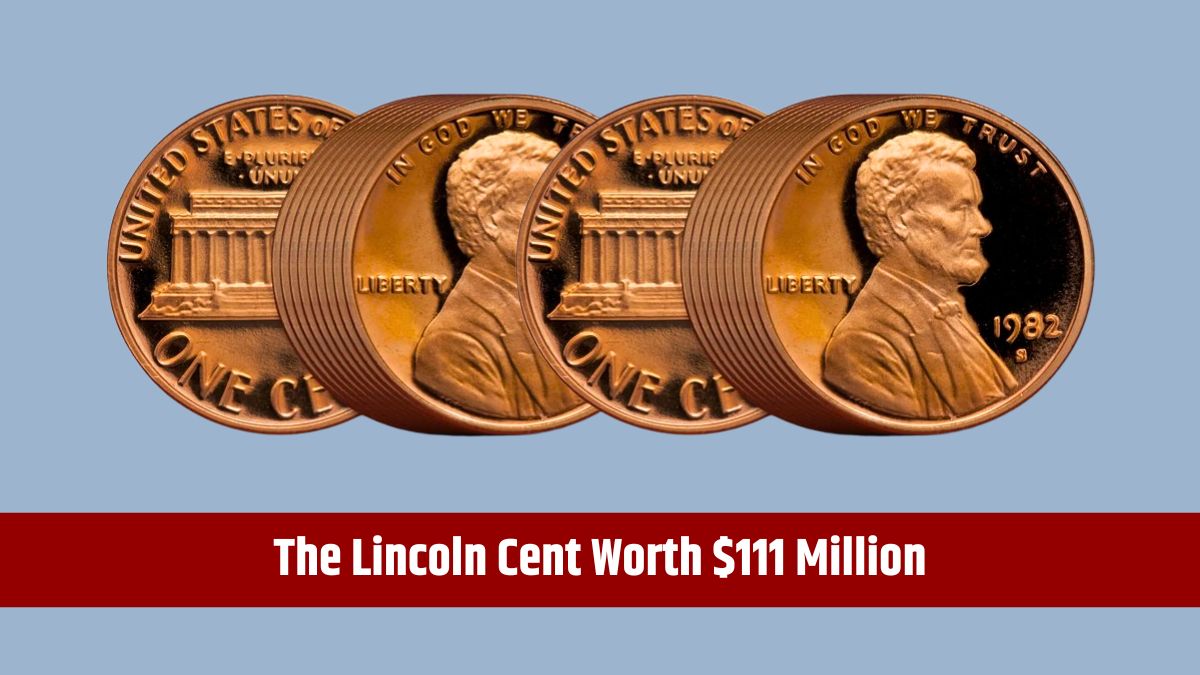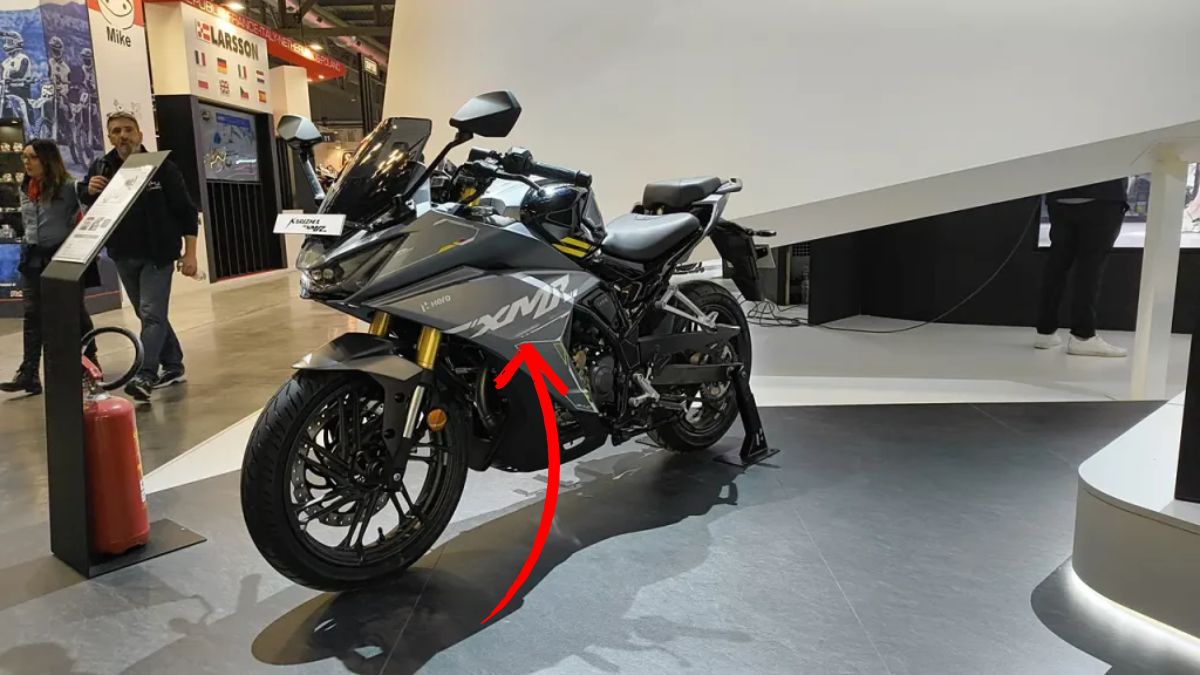The world of coin collecting has its fair share of surprises, but none quite as jaw-dropping as the Lincoln Wheat Penny rumored to be worth a staggering $190 million. Sounds like a fantasy, right? But stories like these are what make coin hunting so thrilling. Whether you’re a seasoned collector or just someone with a piggy bank full of pennies, it’s worth knowing what makes this little copper coin so special—and why it could change your life.
Table of Contents
Origins
The Lincoln Wheat Penny, also known as the “Wheatie,” first rolled out of the U.S. Mint in 1909. It wasn’t just any coin—it marked the 100th anniversary of President Abraham Lincoln’s birth. Victor David Brenner designed the coin, placing Lincoln’s profile on the front and two wheat stalks on the back to symbolize growth and prosperity.
These pennies were minted until 1958, after which the wheat reverse was replaced by the Lincoln Memorial design. Most Wheat Pennies are pretty common, but a few rare versions are the stuff of legend.
Rarity
So, why is this penny supposedly worth $190 million? It all comes down to extreme rarity and mystery. While there’s no official record of a penny ever selling for that much, experts suggest if such a coin exists, it would have to be:
- A unique minting error or test strike.
- A prototype never meant for circulation.
- Or made from the wrong material, like a copper 1943 penny.
The most talked-about version is the 1943 copper Wheat Penny. During World War II, pennies were made of steel to save copper for the war effort. But a few copper planchets (coin blanks) were mistakenly used. These rare 1943 copper pennies can be worth well over a million dollars—if authenticated.
Circulation
Now, here’s the wild part: some of these valuable coins are still out there in circulation. Yup, you might have one sitting in an old coffee can or tucked away in a forgotten drawer.
Want to know what to look for? Here’s a quick checklist:
| Feature | What to Check |
|---|---|
| Year and Mint Mark | 1909-S VDB, 1914-D, 1922 No D, 1943 Copper |
| Material | 1943 copper penny will not stick to a magnet |
| Errors | Look for doubled letters, off-center stamps, or missing features |
Value
Let’s talk numbers. While $190 million may be an extreme estimate, there are plenty of Lincoln Wheat Pennies that have sold for tens or even hundreds of thousands. The famous 1943 bronze penny fetched $1.7 million at auction. Another Wheat Penny sold for $12.8 million due to a combination of rarity, error, and historical significance.
Check out this range of values for high-demand Wheat Pennies:
| Coin Type | Approximate Value |
|---|---|
| 1909-S VDB | $700 – $2,500+ |
| 1914-D | $300 – $5,000+ |
| 1922 No D | $500 – $10,000+ |
| 1943 Copper (Bronze) | $100,000 – $1.7 million+ |
Appraisal
If you think you’ve got a potential jackpot, don’t just let it sit there. Here’s how to move forward:
- Use a magnet—if your 1943 penny sticks, it’s steel.
- Compare your coin to known rare versions online.
- Take clear photos and contact a reputable coin grading service like PCGS or NGC.
- Consider getting it professionally graded and auctioned if it checks out.
Collectors, hobbyists, and even casual observers have found unexpected treasures in the most ordinary places. You don’t have to be an expert—you just have to look closely. So, next time you get a handful of change, don’t rush to spend it. That little copper penny might just be the golden ticket you never saw coming.
FAQs
How do I spot a rare Wheat Penny?
Check the date, mint mark, material, and any visible errors.
What’s the rarest Lincoln Wheat Penny?
The 1943 copper penny is one of the rarest and most valuable.
Can I still find rare pennies in circulation?
Yes, some rare Wheat Pennies still show up in change today.
How do I know if my 1943 penny is copper?
Use a magnet—copper won’t stick, steel will.
Where can I get a penny appraised?
Visit a coin shop or grading service like PCGS or NGC.






